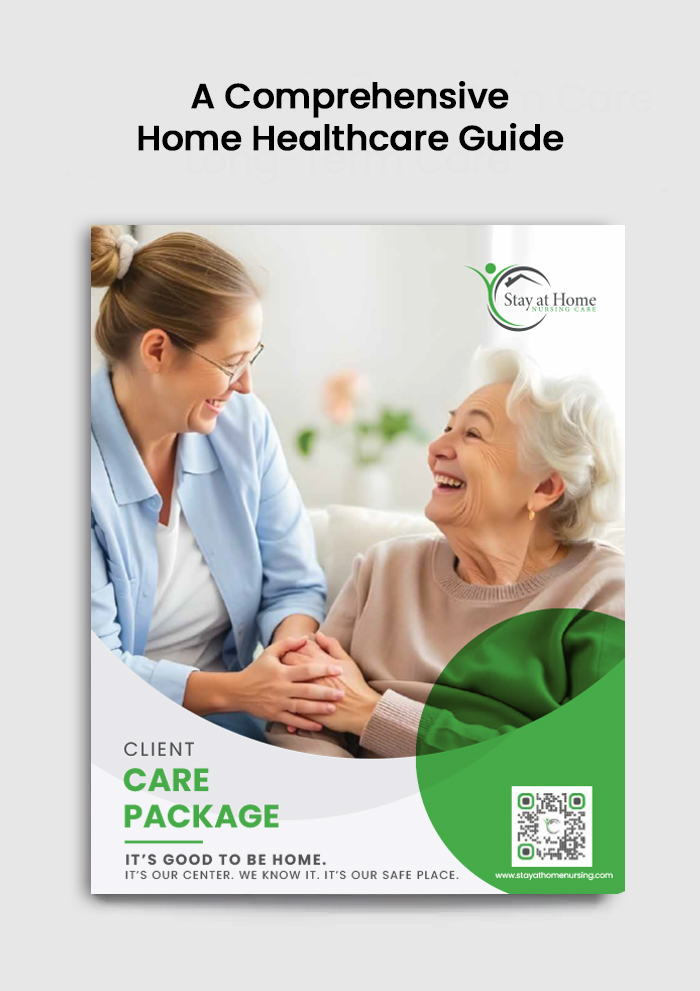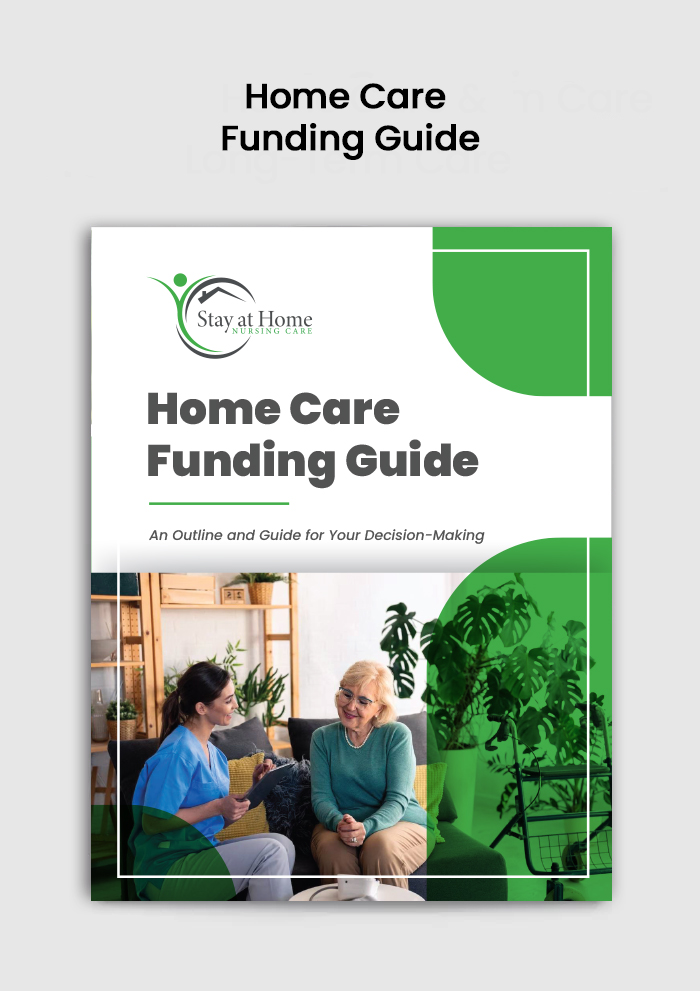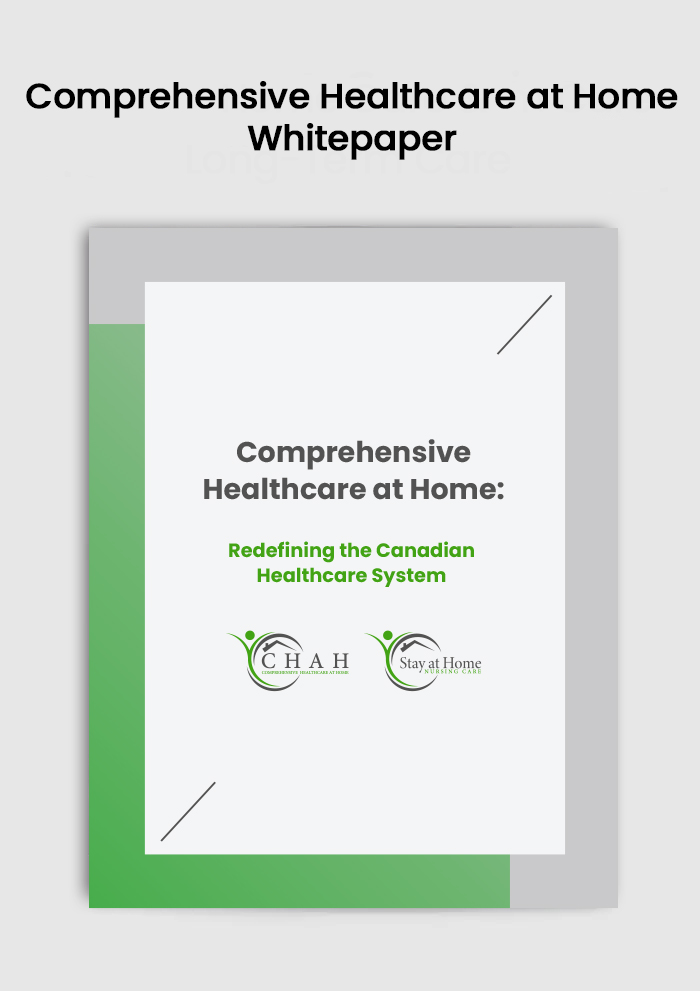Leaving the hospital should be a moment of relief — but for many families, it can also feel overwhelming. In hospital, everything is taken care of: meals, medications, treatments, and round-the-clock monitoring. At home, suddenly the responsibility shifts back to you.
How can you make sure your loved one is supported and safe during recovery? Here’s a practical guide to help you prepare.
1. First Steps Before Discharge
- Talk to the hospital care team. Ask for written discharge instructions, including symptoms to watch for and when to seek help. Share this with family or your homecare provider so everyone is on the same page.
- Check follow-up appointments. Confirm the dates, times, and any special preparations (like fasting or lab work).
- Clarify support needs. Discuss what kind of help will be required at home — and how much can realistically be covered by family vs. professional caregivers.
2. Preparing the Home Environment
- Accessibility: Set up a recovery space close to the bathroom and main living areas. If stairs are difficult, create a temporary bedroom on the main floor.
- Safety: Remove trip hazards, improve lighting, and consider supports like grab bars or shower seats. Many homecare agencies (including ours) can provide a safety assessment.
- Food & essentials: Clear expired food and restock with easy-to-prepare meals. Place frequently used kitchen items within easy reach to reduce strain.
3. Professional Care and Support
Recovery often requires more than family can provide alone. A professional care team can help with:
- Medication management and monitoring for infections or adverse reactions
- Personal support such as bathing, dressing, and meal prep
- Household assistance including light chores and grocery help
- Specialized care for dementia, Alzheimer’s, or chronic conditions
- Transportation for medical appointments
4. When Nursing Care is Needed
For more complex needs, Registered Nurses can provide care at home, including:
- Wound care and dressing changes
- IV therapy and catheter care
- Tracheostomy and ostomy management
- Diabetes and respiratory support (CPAP, BiPAP)
- Central line care (PICC, Port-a-Cath)
- Medication Administration (Oral, Injectable, Subcutaneous)
- Palliative and end-of-life care
5. Extra Peace of Mind: 24/7 Monitoring
Alongside hands-on care, families can choose to add AI-powered monitoring for additional reassurance. Our system:
- Tracks daily patterns (movement, sleep, activity)
- Detects falls or changes that may indicate health concerns, and can predict risks before they occur
- Alerts the care team immediately if an issue arises, prompting a check-in, virtual visit, or in-person support
Watch this short, explanatory video to learn more.
This advanced AI service is complementary to the support services of PSW’s and Nurses, and helps catch problems early and ensures your loved one is never alone in their recovery.
You Don’t Have to Do This Alone
The transition from hospital to home can feel daunting, but with the right preparation and support, it can also be smooth and reassuring. At Stay at Home Nursing Care Services, we provide the practical help, professional care, and technology to make recovery at home safe and comfortable.
***
Contact Us Today
Call: 888-558-3603 Email: intakes@StayatHomeNursing.com
YouTube: https://youtu.be/0u0CtnOrE7o https://youtu.be/y8vIruoIjUg







